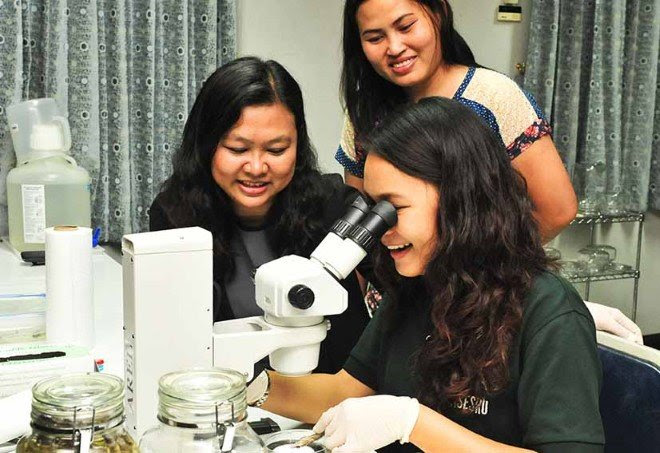By: Louise Coghlin
A deepening of inequalities in higher education during the COVID-19 pandemic and risks of a “lost generation” of researchers must serve as a catalyst for systemic change, says a joint communiqué from two global networks of scholars. Higher education systems across the world have been severely affected by the pandemic, with disproportionate impacts on historically disadvantaged groups, women and others with childcare responsibilities, and early-career researchers, say the InterAcademy Partnership (IAP) and the Global Young Academy (GYA). At the institutional level, “already inadequate” budgets have been “stretched to breaking point”, they add.
Impacts on early-career researchers are “especially alarming”, say the scholars, citing interruptions to research and fieldwork caused by lockdown restrictions, as well as lost opportunities to train students, reports of retracted postdoctoral and faculty offers, hiring freezes, and pay cuts.
Anindita Bhadra, co-chair of the GYA and associate professor at the Indian Institute of Science Education and Research, Kolkata, experienced this first hand. “As a behavioural biologist, our research on free-ranging dogs is entirely field-based,” she said. “Our experiments had to be stopped and a couple of students got stuck in a different city due to the lockdown in India. Since then, we have yet to get back to full-fledged field work, research is in a limbo and students are losing precious time.”
The communiqué calls on higher education providers and research funders to take rapid action to support early-stage researchers by providing mentorship, research grants, postdoctoral fellowships and other positions.
“Those who today are at the early stage of their careers will be tomorrow’s leaders and innovators in health, science and technology,” said IAP President Volker ter Meulen. “They will be the ones to find solutions to some of the world’s most pressing challenges, from the climate crisis to future emerging infectious diseases. The world cannot afford to lose them.”
During the pandemic, students and teachers have had to shift rapidly to online learning, navigating difficulties with access and loss of human interaction – in some cases leading to mental health challenges – the two associations note. They make a series of recommendations to mitigate the damage, address inequalities and improve higher education for the future.
These include promoting open education and collaboration between universities at the regional and global level, harnessing digital technologies to support learning in all corners of the world.
Expanding digital connectivity and access to hardware is crucial, they say. They call on governments to prioritise the expansion of access to internet, technology and online learning for students and researchers and accredit online education platforms that promote equity.
Universities must also ensure that graduates are skilled for the COVID-19-impacted job market, and draw on local expertise to promote evidence-based, post-COVID-19 reforms in higher education policy, investment and collaboration. – SciDev.Net
(https://mail.google.com/mail/u/0/#inbox/FMfcgxwLtGsWrxVnGlXfkGWnlVshtZDr)




